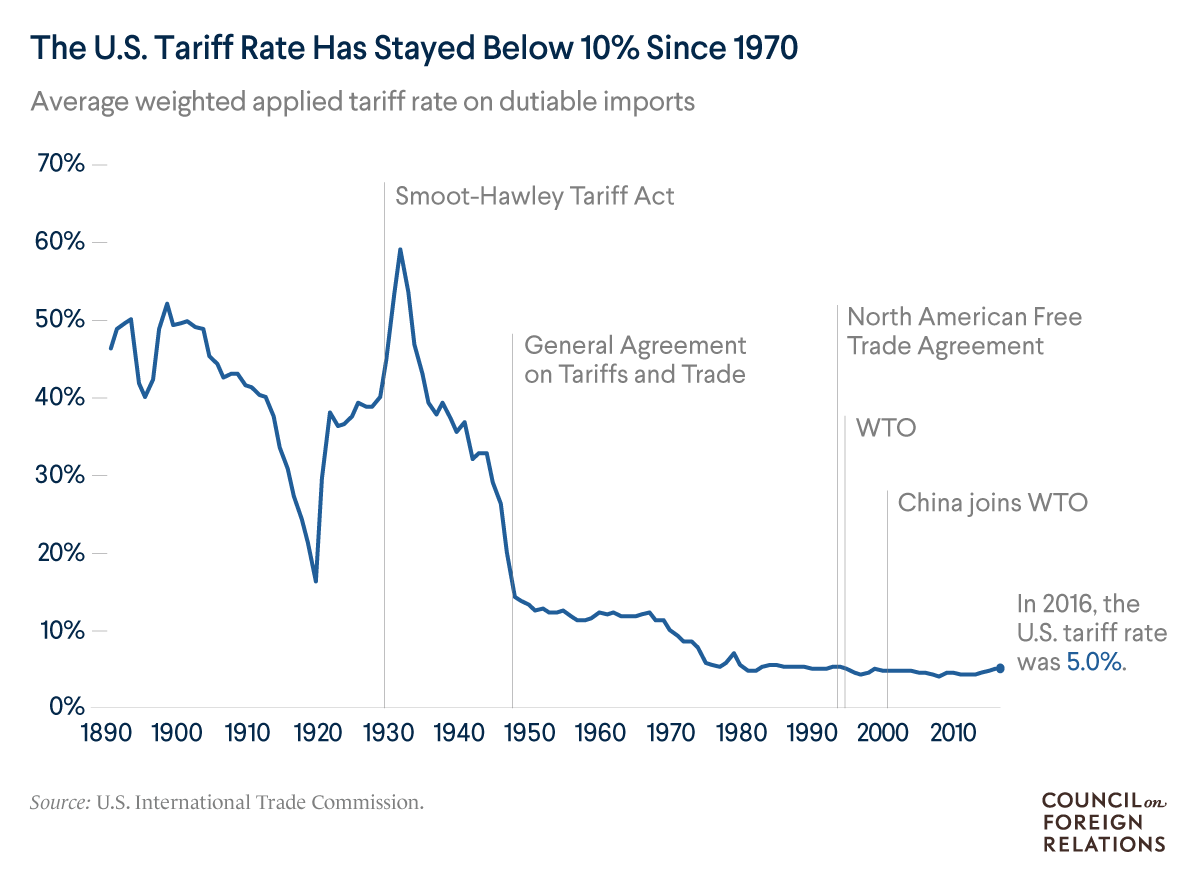Is Your Marriage Ending Silently? Key Indicators Of A Failing Relationship

Table of Contents
Decreased Communication and Emotional Intimacy
Effective communication is the bedrock of any strong relationship. A failing marriage is often characterized by a significant decline in both the quantity and quality of communication, leading to an emotional disconnect.
The Absence of Meaningful Conversations
Deep, heartfelt conversations are replaced by superficial exchanges or, worse, complete silence. This communication breakdown signals a serious problem.
- Increased arguments about insignificant matters: Trivial disagreements become major battles, highlighting a deeper lack of understanding and connection.
- Avoiding difficult conversations: Important issues are swept under the rug, accumulating resentment and preventing genuine resolution.
- Lack of shared interests or activities: Couples once bonded over shared hobbies now pursue separate activities, further isolating each other.
- Feeling unheard or misunderstood: One or both partners feel their needs and concerns are ignored or dismissed, leading to emotional withdrawal.
These symptoms highlight a serious communication breakdown, a hallmark of a failing marriage communication dynamic. Addressing these intimacy issues is crucial for revitalizing the relationship.
Loss of Physical Intimacy
Physical intimacy is more than just sex; it's a crucial expression of love, affection, and connection. A decline in physical affection and intimacy is a significant indicator of a failing marriage intimacy.
- Reduced physical touch: Simple acts of affection like hugs, kisses, and hand-holding become infrequent or absent.
- Infrequent sex: Sexual activity diminishes or ceases altogether, reflecting a growing emotional distance.
- Lack of sexual desire or spontaneity: One or both partners experience a loss of libido, contributing to sexual problems in marriage.
- Feeling unwanted or unattractive: Partners may feel unappreciated and undesirable, leading to further emotional disengagement.
Ignoring these warning signs can exacerbate the problem, leading to a complete loss of physical intimacy and increasing the likelihood of a failing marriage.
Growing Emotional Distance and Resentment
As communication falters and intimacy wanes, emotional distance and resentment often follow. This growing disconnect creates a chasm that's difficult to bridge.
Withdrawal and Emotional Unresponsiveness
Emotional withdrawal manifests in various ways, creating a sense of isolation within the marriage.
- Spending less time together: Couples prioritize individual activities over shared time, creating emotional distance in marriage.
- Increased emotional detachment: Partners seem indifferent to each other's feelings, concerns, and experiences.
- Lack of empathy or support: One partner may fail to offer comfort, understanding, or support during difficult times.
- Feeling lonely or isolated within the marriage: Despite being married, partners feel profoundly alone and disconnected. This is a clear sign of a failing marriage.
These signs of emotional distance are often subtle but devastating, chipping away at the foundation of the relationship.
Building Resentment and Unresolved Conflicts
Unresolved conflicts and past hurts accumulate, poisoning the relationship with resentment and negativity.
- Holding onto past hurts: Unforgiven actions or words fester, fueling ongoing resentment and hindering reconciliation.
- Frequent arguments without resolution: Disagreements escalate into recurring conflicts without any productive resolution.
- Constant criticism or negativity: One or both partners engage in consistent criticism, undermining self-esteem and creating a toxic environment.
- Feeling unappreciated or taken for granted: Partners feel their contributions are overlooked and their needs unmet, leading to a sense of bitterness.
These unresolved conflicts are a major indicator of a failing marriage, leading to further emotional distancing and a cycle of negativity. Effective marriage conflict resolution is essential to overcome this stage.
Changes in Shared Activities and Lifestyle
As emotional distance grows, changes in shared activities and lifestyles often reflect the widening gap between partners.
Shifting Priorities and Separate Lives
The couple's once-shared interests and priorities begin to diverge, leading to increasingly separate lives.
- Spending less time together: Shared activities and quality time together become scarce.
- Pursuing separate hobbies or interests: Partners invest more energy in individual pursuits, neglecting the shared aspects of their relationship.
- Different social circles: Friendships and social lives become increasingly distinct, contributing to a sense of isolation.
- Lack of shared goals or plans: The couple loses sight of common goals and aspirations for the future. This is a common symptom of a failing marriage.
These lifestyle changes in marriage indicate a drift apart and a decline in the fundamental connection between partners.
Financial Problems and Disagreements
Financial stress is a significant strain on many marriages. Disagreements over money can further erode trust and exacerbate existing problems.
- Arguments about money: Financial issues become a source of ongoing conflict and contention.
- Lack of financial transparency: One or both partners may conceal spending habits or financial information, leading to mistrust.
- Individual spending habits: Differing financial priorities and spending habits can lead to resentment and conflict.
- Financial instability: Financial difficulties can create stress and anxiety, impacting the emotional stability of the relationship. This adds significant stress to an already failing marriage.
Financial problems in marriage require open communication and collaborative solutions to mitigate their impact on the relationship.
Conclusion
Recognizing the silent indicators of a failing marriage can be challenging, but understanding these warning signs is the first step towards addressing the issues. If you've identified several of these signs in your relationship, don't despair. Seeking professional help from a marriage counselor or therapist is a crucial step. Open communication, willingness to work through challenges, and a commitment to rebuilding intimacy are essential in revitalizing a failing marriage. Don't let your marriage end silently; take action today to address the underlying issues and rediscover the connection you once shared. Take the first step towards saving your marriage by seeking professional guidance for your failing marriage.

Featured Posts
-
 Cocaine Found At White House Secret Service Ends Investigation
Apr 28, 2025
Cocaine Found At White House Secret Service Ends Investigation
Apr 28, 2025 -
 Assessing The Nationwide Impact Of Trumps Campus Crackdown
Apr 28, 2025
Assessing The Nationwide Impact Of Trumps Campus Crackdown
Apr 28, 2025 -
 Recent Developments In Us China Trade Relations Tariff Exemptions
Apr 28, 2025
Recent Developments In Us China Trade Relations Tariff Exemptions
Apr 28, 2025 -
 Post Roe America How Otc Birth Control Impacts Access
Apr 28, 2025
Post Roe America How Otc Birth Control Impacts Access
Apr 28, 2025 -
 Grim Retail Sales Are Bank Of Canada Rate Cuts On The Horizon
Apr 28, 2025
Grim Retail Sales Are Bank Of Canada Rate Cuts On The Horizon
Apr 28, 2025
Latest Posts
-
 Musks X Debt Sale A Deep Dive Into The New Financial Landscape
Apr 28, 2025
Musks X Debt Sale A Deep Dive Into The New Financial Landscape
Apr 28, 2025 -
 Revealed How Musks X Debt Sale Reshapes The Companys Future
Apr 28, 2025
Revealed How Musks X Debt Sale Reshapes The Companys Future
Apr 28, 2025 -
 The Changing Face Of X Financial Implications Of Musks Debt Deal
Apr 28, 2025
The Changing Face Of X Financial Implications Of Musks Debt Deal
Apr 28, 2025 -
 X Corps Financial Restructuring Insights From Musks Recent Debt Sale
Apr 28, 2025
X Corps Financial Restructuring Insights From Musks Recent Debt Sale
Apr 28, 2025 -
 Analysis Of Musks X Debt Sale Impact On Company Finances
Apr 28, 2025
Analysis Of Musks X Debt Sale Impact On Company Finances
Apr 28, 2025
